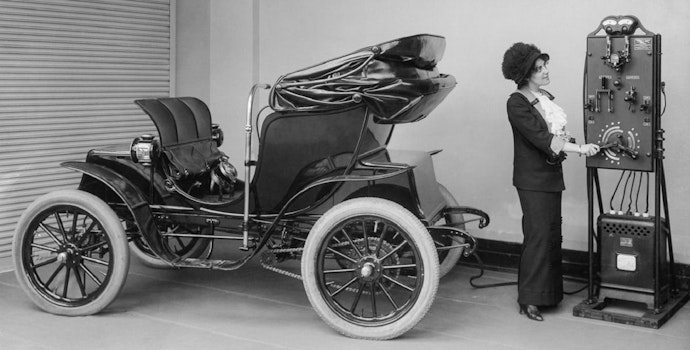
Timeline: History of the Electric Car
When you envision the first electric car created, what do you picture? Traditional automakers such as Nissan Leaf, Volkswagen, BMW i3 or Tesla. However, the history dates as far back as the early 1800s.
This blog will take you through the evolution of electric cars as well as some of the key contributors that have been instrumental to the advancement and growing adoption of EV's today. Here's a brief look into the history of electric vehicles.
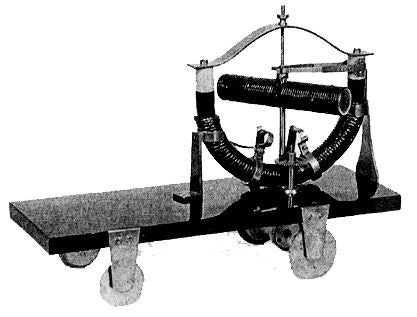
The 1820s
Although it is hard to pinpoint the exact point in time the electric car first emerged, as it was a series of breakthroughs from the battery to the electric car.
However, if you want to trace the electric car back to it humblest of origins, in 1828 Hungarian inventor Anyos Jedlik created a type of electric motor that he used to power a small model carriage.
The 1830s
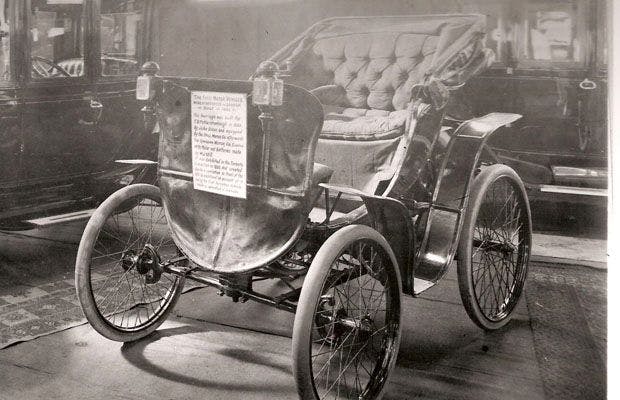
Not long after, Scotsman Robert Andrew invented an electric carriage with non-crude rechargeable batteries, which took place some point between 1832 and 1839.
In 1834 or 1835 American Thomas Davenport built a small electric car which served as a model for the electric streetcar used later in the century.
The 1850s
Skipping forward to 1859, French physicist Gaston Plante invented the rechargeable lead-acid storage battery which would make electric cars a more feasible option.
The 1860s
A pivotal moment in electric car history, was in 1865 when French Gaston Plante invented the first rechargeable electric battery marketed for commercial use and is widely used in automobility.
The 1880s
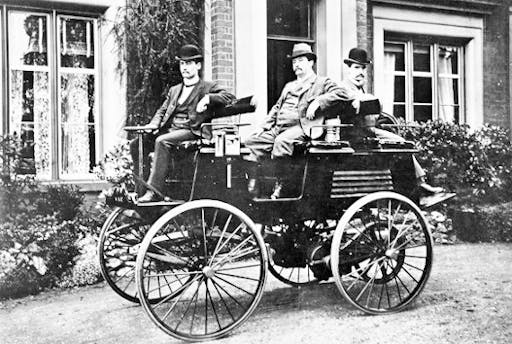
One of the first mass-produced electric cars was invented by British inventor Thomas Parker in 1881, which he would regularly drive to work in his hometown of Wolverhampton.
Disaster struck for Parker when the ship carrying his second prototype travelling to Paris, sank in the channel.
The 1890s
There was a lot of progressions made in the electric car industry during the 1890s, mainly from across the pond and starting in 1891 when chemist William Morrison, built the first successful US-based electric vehicle.
There was no comparison between the performance of today’s electric cars and Morrison’s, with a maximum speed of between 6 to 12 mph. Despite this, the 100-mile range was not to be scorned at and could be seen as revolutionary for that time.
In 1895 Chicago residents were treated to an electric car spectacle as the Morrison Electric was entered into the first automobile race to be held in America, with $2000 up for grabs for the winner.
Two years later in 1897, the first electric cars were used as taxis in the streets of New York City, when the Pope Manufacturing of Connecticut became the first large scale American electric car manufacturer.
At the end of the 19th century, famous inventor Thomas Edison began his mission to create a long-lasting battery for commercial automobiles, believing that electricity would run cars in the future.
At this time, the popularity of the electric car had increased, particularly in America. So much so that in 1990, 28% of the 4192 cars produced in the US in 1900 were electric.
Similar to today, customer preferences for electric cars were due to reduced noise, vibrations and the absence of the smell of petrol cars. By the end of the century, the La Jamais Contente, a Belgian electric car became the first road vehicle to travel at more than 62mph.
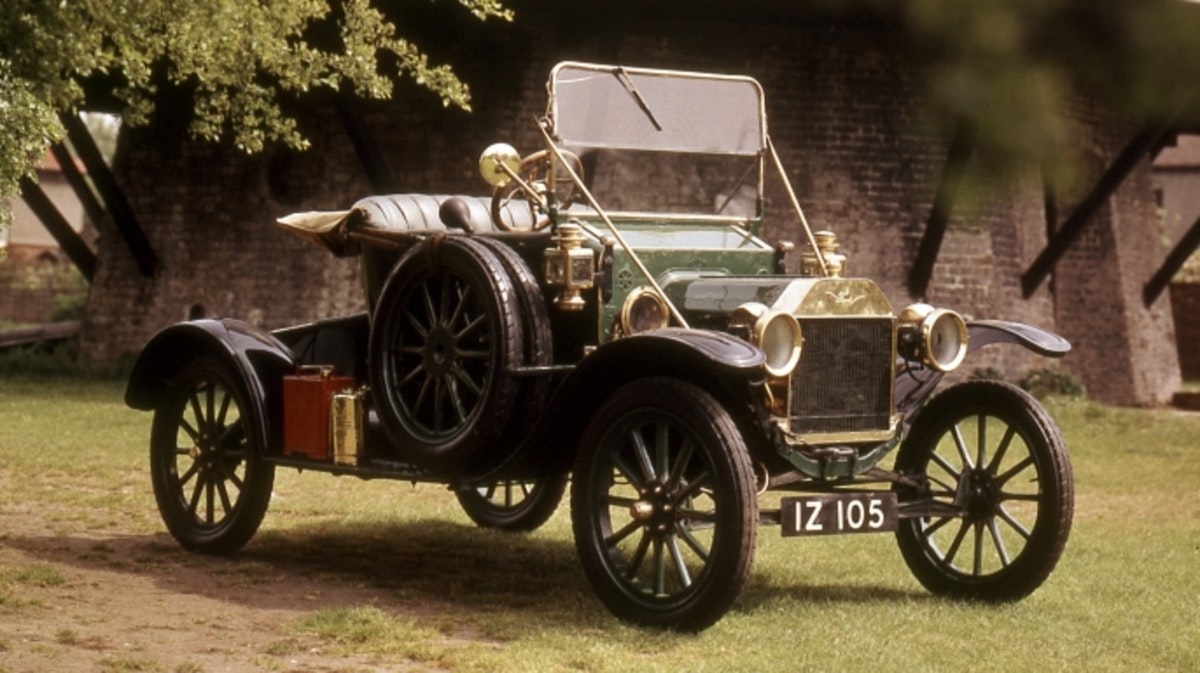
The 1900s
Having experienced a prolific decade in the 1890s, the early 1900s were a slow period for the electric car. This was largely down to Henry Ford’s mass production of various cars including the Model T car.
People turned to petrol cars which could be bought for $650 in 1912 compared to an electric roadster which cost $1750. The cost wasn’t the only factor which led to struggling times though, with the desire for long-distance vehicles, a lack of horsepower, and the ready availability of petrol contributing.
The popularity in electric taxis was also halted in 1907 after a fire destroyed much of the Electric Carriage and Wagon Company's vehicle stock causing it to close down.
In the US, electric cars would disappear from production in 1935, with development not continuing until the 1960s and 1970s.
One of the first mass-produced electric cars was invented by British inventor Thomas Parker in 1881, which he would regularly drive to work in his hometown of Wolverhampton.
Disaster struck for Parker when the ship carrying his second prototype travelling to Paris, sank in the channel.
The 1960s
After a quiet half a century, the electric car was to make another comeback in the 1960s, predominantly in the US. Petrol prices had started to increase and Congress had also recommended using electric cars as a way to reduce air pollution.
The 1970s
Again in the US, electric cars were starting to gain prominence and so were the laws around the legal standards.
In 1973 the Clean Air Act was established, requiring states to take control of air quality and meet certain standards by deadlines.
Then in 1976, Congress passed the Electric and Hybrid Vehicle Research, Development, and Demonstration Act to encourage the developments of new technologies including improved batteries, motors
The quality of cars was also improving, with the first full-powered, full-size hybrid vehicle being built in 1972 by Victor Wouk (The "Godfather of the Hybrid) with the support of General Motors.
Additionally, the US Postal Service purchased 350 electric delivery jeeps in 1975 to be used in a test program.
The 1990s
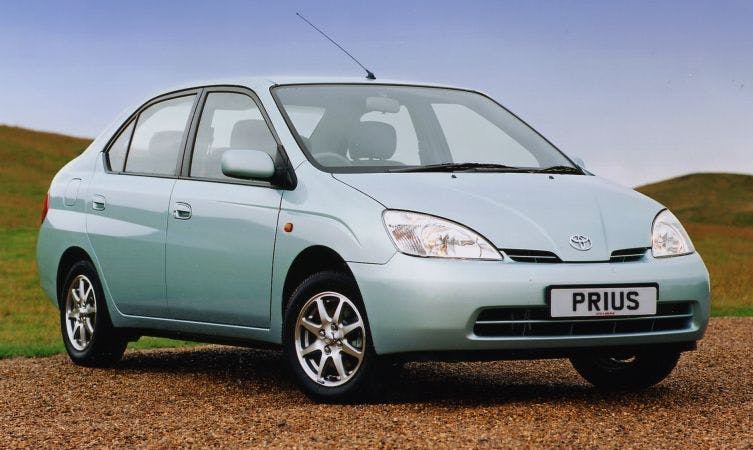
The 1990s saw the emergence of the first mass-produced hybrid electric vehicle. In 1997 the Toyota Prius was released, which inspired the likes of Honda, Nissan and Chevrolet to accelerate their efforts to produce EVs. It wasn’t until the 2000s that the Toyota Prius was released worldwide.
Then in 1999, Honda released the Insight hybrid, which was the first hybrid sold in the US since the early 1990s.
Despite the developments in the electric car industry, various electric car manufacturers were still reluctant to commit too much resource.
The 2000s
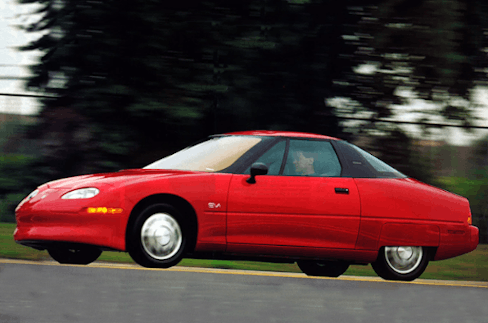
One of the most prominent electric vehicles launched in the 20th century was General Motors pulls EV1, it was designed and developed from scratch. With a range of 80 miles and the ability to accelerate from 0- 50 miles per hour in 7 seconds. However, due to high production cost, it did not manage to achieve commercial viability.
Meanwhile in 2003, amongst all the uncertainty Tesla Motors is founded in California later producing the Tesla Roadster in 2006. The first production Roadsters will be sold in 2008 with a base price listing of $98,950.
Also in 2008, BYD, a Chinese battery manufacturer turned automaker, releases the F3DM, the world's first mass-produced plugin hybrid compact sedan.
There was good news in 2009 for Ford, Tesla Motors and Nissan as the US Department of Energy awards $8 billion in fuel-efficient energy loans to save Tesla from bankruptcy.
Back in the UK, Prime Minister Gordon Brown announces that the British Government will promote the use of electric cars in the UK by offering a £2,000 subsidy to purchasers.
A high-ranking government official estimates that 40% of all cars in Britain will need to be electric or hybrid for the country to reach its goal of cutting 80% of its CO2 emissions by 2050.
The 2010s
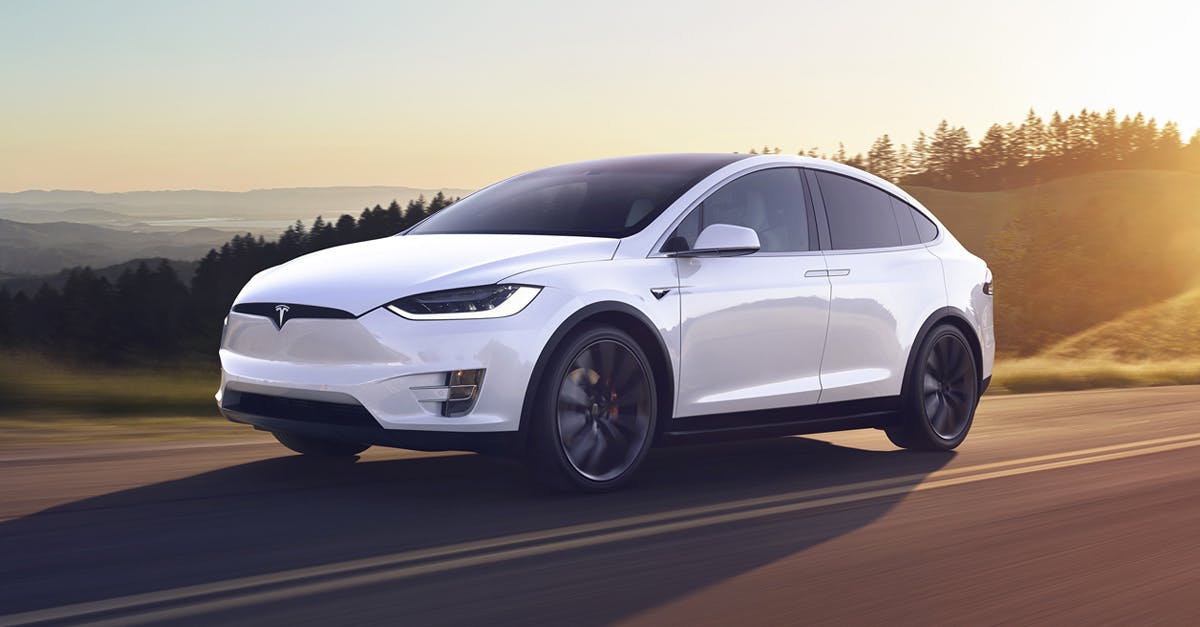
We turn our attention to the modern-day and the decade which you might say has had the biggest impact on the electric car. By 2018, the global stock of electric cars rose to over 3 million, up from 14,260 in 2010.
Nissan and Mitsubishi made headway at the start of the decade, with the release of the Leaf and the i-MiEV. In 2011 the i-MiEV would become the first electric car to reach 10,000 sales. Global sales of all-electric vehicles passed the 500,000 unit milestone in 2015.
The decade has been dominated by innovations from Tesla, including the Model X which sold 14,562 units in its first year and the Model 3 which was released in 2016, recording a 0-60 sprint time of just 2.5 seconds.
Other manufacturers which deserve a special mention are BMW, Renault and Chevrolet. The latter which held the crown of America’s favourite electric vehicle of all time for quite a while. In 2018 BMW celebrated 10,000 UK sales of the BMW i3 since being introduced. Elsewhere global sales of the Renault Zoe totalled 133,645 units through December 2018.
Conclusion
The future is certainly bright for electric cars with the competition heating up and the introduction of new models from Volkswagen, Ford and Mini to be expected in 2020. As we enter a new decade, which EV do you think is going to be crowned as the biggest success for years to come?